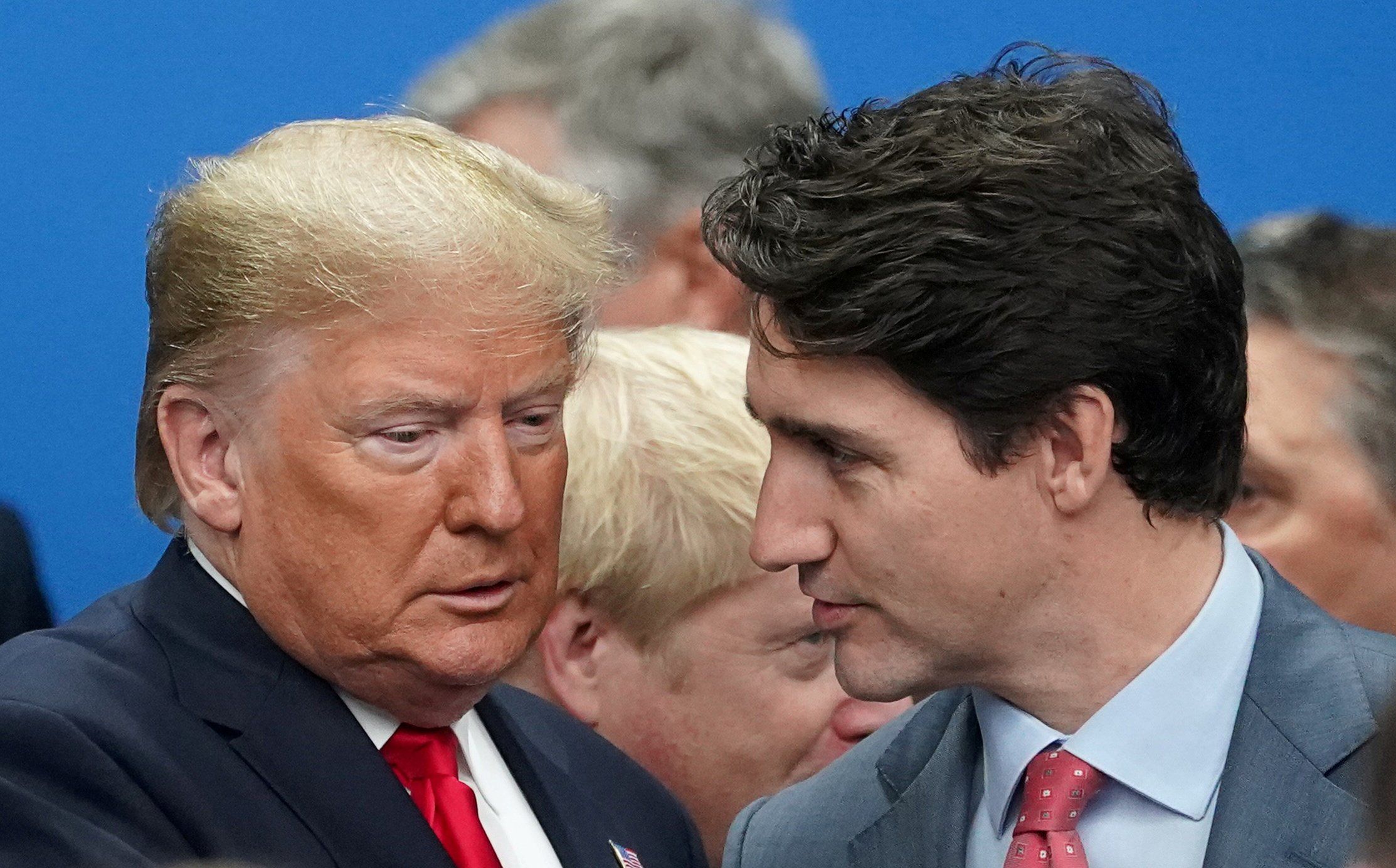What doesthe polling actually show? Only 13% of Canadians say that they would like Canada to become the 51st state of the United States, while 82% do not like the idea. Conservative voters (21%) and adherents of the right-wing People’s Party (25%) were more likely to be supportive.
Nevertheless, Ottawa is paying attention to Trump’s more realistic threats, notably to impose 25% tariffs on all Canadian goods unless Ottawa cracks down on illegal immigration and drug smuggling. On Monday, Canada announced C$1.3bn worth of new border security measures including strengthened surveillance, a joint strike force to target organized crime, and increased coordination with US law enforcement.
Trump’s “51st state” salvo also comes at a time when Canadian Prime Minister Justin Trudeau’s government is reeling from the shock resignation this week of Finance Minister Chrystia Freeland, which has led to fresh calls for the PM himself to step down.
More For You
Most Popular
Europe can no longer rely on the US and must step up to defend its own future, Ian Bremmer reports from the Munich Security Conference.
The Supreme Court has struck down President Trump’s use of the national emergency clause to impose sweeping tariffs around the world. In this Quick Take, Ian Bremmer explains why this ruling was predictable and why it’s a major setback for Trump’s trade strategy.
“For India, AI stands for all inclusive,” reads the billboard outside this week’s AI Impact Summit in New Delhi organized by the Indian government, the first major gathering on the subject in the Global South.
